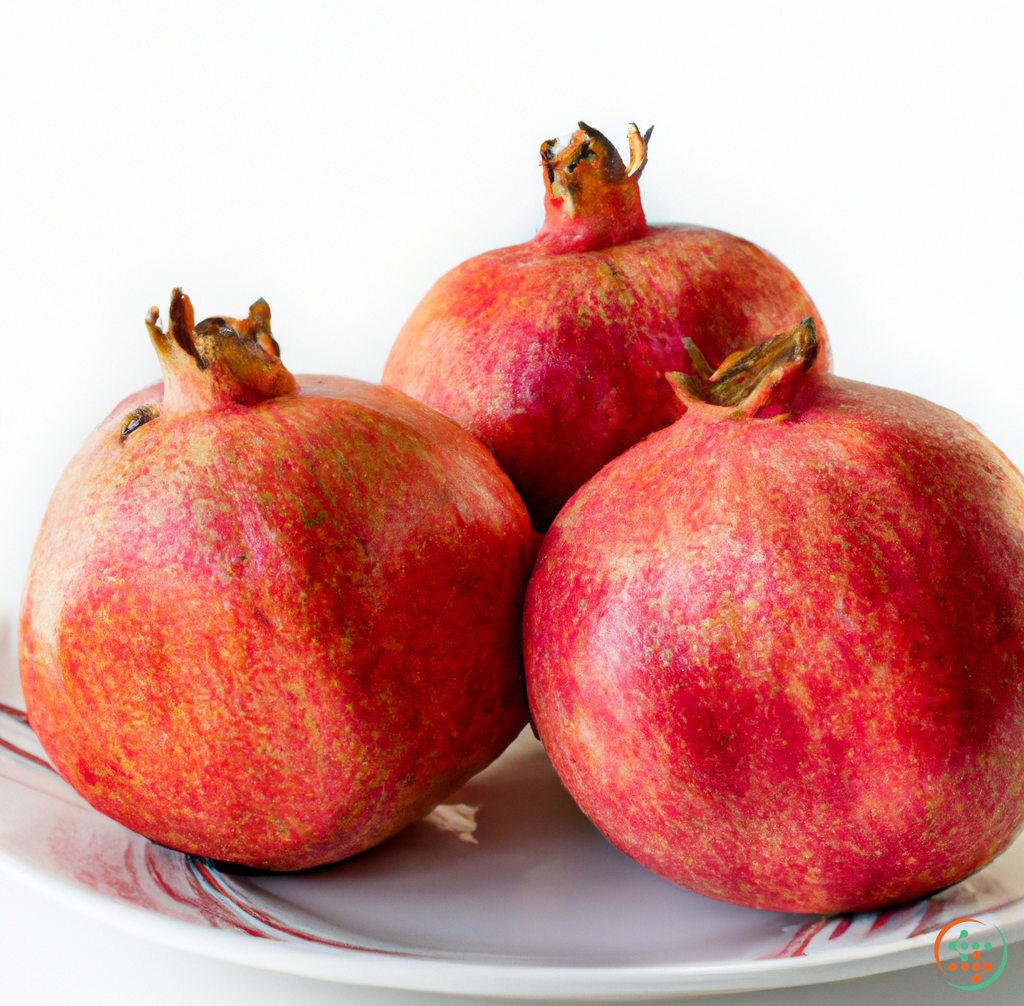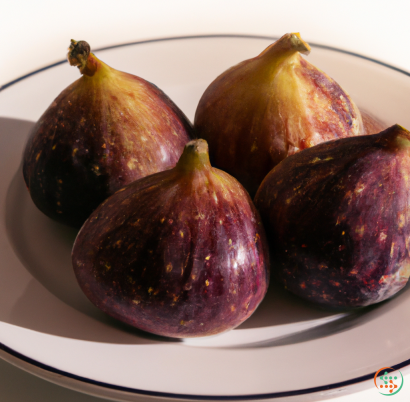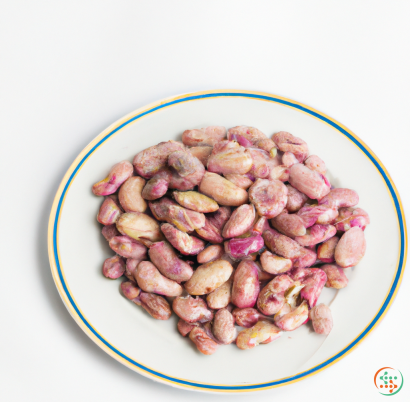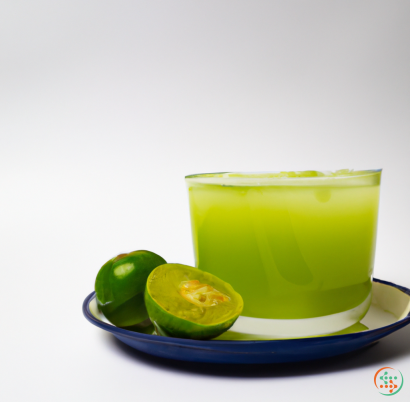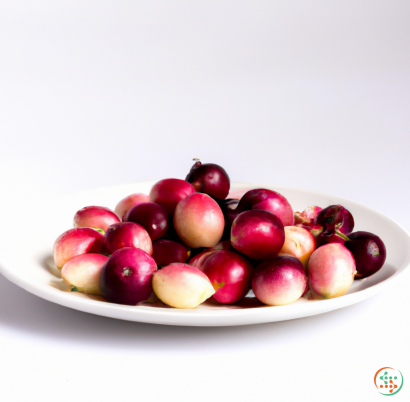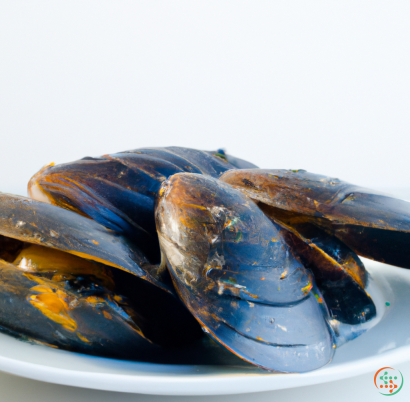Pomegranates
A pomegranate is an edible fruit with a taste that is both sweet and slightly tart. It is most commonly enjoyed in its juice form, and you can also find pomegranate syrup, jams, jellies, and even tea available for purchase. As a source of essential vitamins and minerals, pomegranate has long been used in traditional medicine and is believed to have all sorts of health benefits. But do the health claims about pomegranate hold any truth?
The pomegranate is believed to have originated in the Middle East, and has been part of Indian culture since ancient times. It was part of the legendary Garden of Eden, and is mentioned several times in the Bible. Many have believed that consuming pomegranate can bring eternal life and even ward off evil spirits.
The fruit is highly popular in the Mediterranean region and is known for its multitude of small crimson seeds encased within a bright red, leathery skin. This is why it is often referred to as an “apple on fire”. It is largely grown in Middle Eastern countries and in California, where over 60% of the world’s pomegranates are produced.
The fruit inside the pomegranate is extremely beneficial to health, and can offer some major Vitamin C, folic acid, and fiber that your body needs. Crack open a pomegranate and you’ll find hundreds of arils, or edible seeds, that contain surprising levels of antioxidants that may have powerful anti-inflammatory properties. Additionally, the juice of the pomegranate is also very nutritious and contains powerful compounds that can reduce the risk of certain health ailments.
Pomegranates are also becoming more and more popular due to their sweet and tart flavor, as well as their versatility. Pomegranates can be used in baking recipes, added to smoothies and other drinks, blended into sauces and dressings, and enjoyed as an alternative to juices like orange and grapefruit. They can also be used in Middle Eastern dishes like tabbouleh, a dish made with parsley, tomatoes, onion, and oil.
The antioxidants found in pomegranates can help reduce inflammation. This reduces the risk of heart disease, stroke, certain types of cancer, and type 2 diabetes. Additionally, the high levels of dietary fiber can help reduce the risk of colorectal cancer and improve digestion. Studies have also suggested that the antioxidants in pomegranates may be beneficial to those with Alzheimer’s disease.
In addition to nutritional benefits, pomegranates are believed to possess anti-aging properties. The antioxidants can help counter the effects of free radicals that damage skin cells and cause premature aging. A study also showed that drinking pomegranate juice daily can make skin appear firmer and reduce wrinkles.
Overall, the pomegranate is an extremely versatile and nutritious fruit, offering a wide range of benefits. Whether enjoyed as its juice, or in different recipes, the pomegranate is quickly gaining popularity for its unique taste and health benefits. With its dietary fiber, vitamin C, and antioxidant content, it is no wonder that this fruit is becoming a staple in many people’s diets.
Pomegranates – From Tree to Table
Pomegranates are exotic, ruby-colored fruits that have long held a place of honor in the diet and culture of many communities. The fruit is incredibly valuable nutritionally and is packed with vitamins, minerals and potent antioxidants. Yet, what many diners don’t know is there’s an interesting story concerning how this beautiful fruit began its journey from the tree to the dinner plate.
A Historical Perspective
Pomegranates were a common fruit in the Middle East for centuries. In fact, the first evidence of their cultivation dates back around 4000 years ago to Ancient Mesopotamia. It’s believed that this particular type of fruit was the very first species to be domesticated by man.
Throughout the years, pomegranates have been a highly valued food source and are cherished for their unique flavor and many health benefits. As a result, throughout the course of history, the plant has gradually spread to other parts of the world like North Africa, South Asia, North America and Central America.
Botanical Basics
At its most basic, pomegranates are the product of a flowering shrub or tree in the botanical family Lythraceae. Pomegranate trees have glossy, green leaves and bright red, clustered flowers that typically blossom in the late spring and early summer months. The species often grows in areas with mild seasonal climates.
Fruiting
Following the bloom of the flowers, the tree produces fruits in late summer and early fall. Pomegranates are round or pear-shaped and contain a hard, leathery skin which is usually resilient to physical damage. After harvest, the typically deep-red fruit can vary in size depending on the species.
The fruit itself contains a viscous liquid that looks like juice but is actually the edible seeds of the fruit. Upon closer examination, it’s easy to see that the exterior of the pomegranate is composed of several segments that contain an inedible white membrane and numerous edible, ruby-colored seeds. In some pomegranates, the seeds are slightly tough and crunchy because they contain small fibrous strands inside each one.
Planting and Growth
Pomegranates are not just great to eat; they also have a fascinating growth cycle. Like many trees and shrubs, the process begins with a seed or a cutting which is planted in the ground. It usually takes a few months before the seedlings begin to sprout and roots develop.
In most cases, a single plant can survive up to 10 years in a single area since it can propagate both vegetatively and through the production of fruits. During the fruiting season, pomegranates are known to produce up to 500 single fruits per year.
Harvesting and Preservation
When the apples are ripe and ready for harvest, a careful and methodical approach is taken to ensure that the fruit is properly removed from the tree. Prior to harvest, the fruit is typically inspected for defects like insect infestation or illness.
The harvesting season for pomegranates is relatively short. Once the fruit is picked, it must be carefully handled so that it suffers no damage during transport. This is important since pomegranates are extremely delicate and prone to bruising or breaking.
Once they arrive at the packing house, pomegranates are sorted, graded and sorted again by size. Then, they are placed into individual cardboard boxes or wire baskets and stored in temperature-controlled rooms. This ensures that the fruits remain fresh during storage.
Transportation
After the produce is sorted, it’s ready to be transported to its final destination. Depending on the location, pomegranates may be transported by truck, train, ship or airplane. During transit, the fruit is kept in insulated containers with temperatures that can be easily monitored. This is especially important for pomegranates since they are highly susceptible to heat.
Distribution
Pomegranates make their way from the packing house to supermarkets, restaurants or farmers markets across the nation. Upon arrival, the fruit is immediately inspected so that its quality can be ensured.
If the quality is good and the fruit passes inspection, it is placed on display in stores and refrigerated if necessary. This helps to keep the fruit fresh and make sure that it is available for consumers to purchase.
Consumption and Nutritional Benefits
Now that you know how pomegranates travel to your dinner plate—let us look at why!
Pomegranates are incredibly nutritious and provide an abundance of vitamins and minerals. The fruit is packed with essential vitamins like vitamin C, A, and K and minerals like phosphorus, manganese and calcium. On top of that, pomegranates are filled with powerful antioxidants such as polyphenols and anthocyanins.
These potent compounds help to protect the body from various illnesses and can even reduce chronic inflammation. Plus, pomegranates are low in calories yet packed with dietary fiber which is great for digestion and overall health.
However, it’s important to remember that the edible seeds of the fruit are the primary source of nutrition. The rind of the pomegranate and its juice will provide some health benefits, but some of the antioxidant compounds are not as bioavailable.
All in all, pomegranates are one of the most nutritious and delicious fruits available. Their complex journey from the tree to the table is an integral part of the experience. From planting and growing to harvesting and preservation, every step is essential in ensuring this prized fruit arrives at your plate in its finest form.
| Vitamin E | 0.6 mg | |
| Vitamin K | 0.0164 mg | |
| Vitamin C | 0.0102 grams | |
| Vitamin B1 | 0.07 mg | |
| Vitamin B2 | 0.05 mg | |
| Vitamin B3 | 0.29 mg | |
| Vitamin B4 | 0.0076 grams | |
| Vitamin B5 | 0.38 mg | |
| Vitamin B6 | 0.08 mg | |
| Vitamin B9 | 0.038 mg |
| Calcium | 0.01 grams |
Daily Value 1.3 g
|
| Iron | 0.3 mg |
Daily Value 0.018 g
|
| Magnesium | 0.012 grams |
Daily Value 0.4 g
|
| Phosphorus | 0.036 grams |
Daily Value 1.25 g
|
| Potassium | 0.236 grams |
Daily Value 4.7 g
|
| Sodium | 0.003 grams |
Daily Value 2.3 g
|
| Zinc | 0.35 mg |
Daily Value 0.011 g
|
| Copper | 0.16 mg |
Daily Value 0.9 mg
|
| Manganese | 0.12 mg |
Daily Value 0.0023 g
|
| Selenium | 0.5 ug |
Daily Value 0.055 mg
|
| Total Sugars | 0.131141 grams |
per 100g
|
| Lauric acid (12:0) | 0.01 grams |
|
| Myristic acid (14:0) | 0.01 grams |
|
| Palmitic acid (16:0) | 0.07 grams |
|
| Stearic acid (18:0) | 0.04 grams |
|
| Total Saturated fatty acids: | 0.13 g | |
| Oleic acid (18:1) | 0.08 grams |
|
| Palmitoleic acid (16:1) | 0.01 grams |
|
| Total Monounsaturated fatty acids: | 0.09 g | |
| Linoleic acid (18:2) | 0.08 grams |
|
| Total Polyunsaturated fatty acids: | 0.08 g | |
